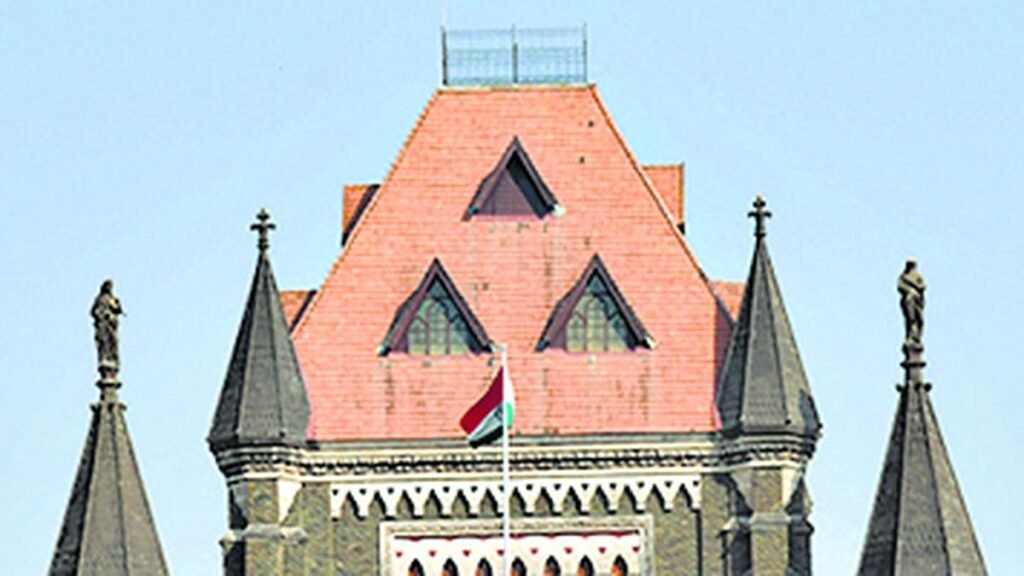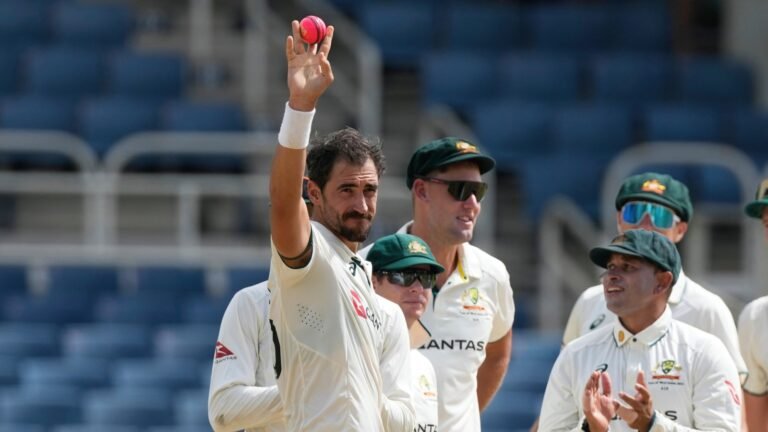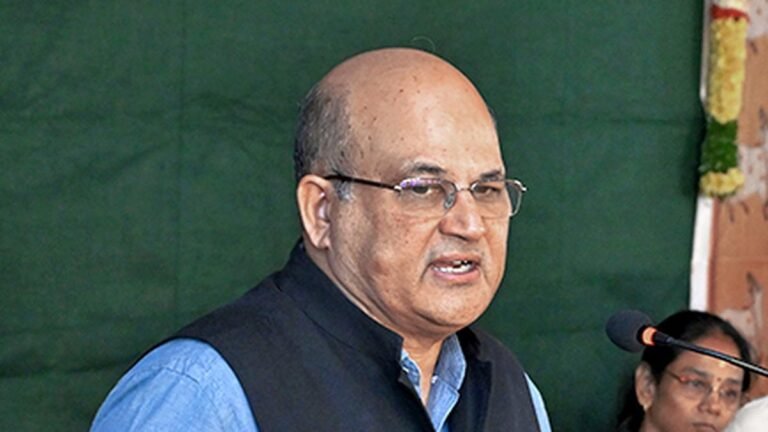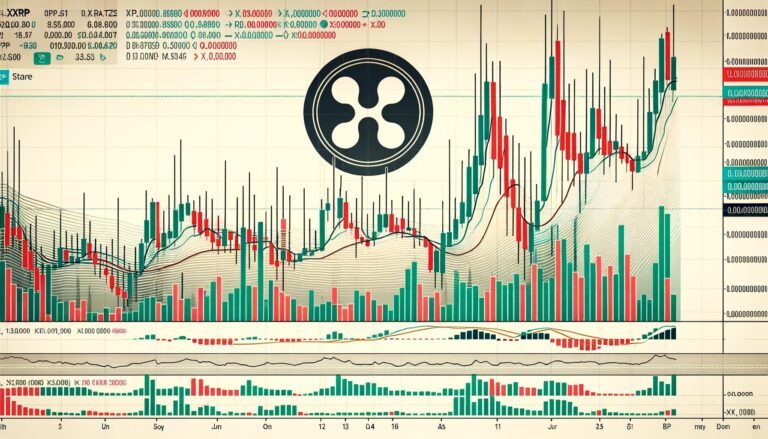
The Central Railway on Monday submitted before the Bombay High Court that a multi-disciplinary probe into the June 9 Mumbra railway tragedy, in which five commuters died after falling from an overcrowded local train, was under way and the final report was currently under review.
The disclosure was made through an affidavit filed by Pravindra Wanjari, Senior Divisional Commercial Manager, Mumbai Division of Central Railway, in connection with a Public Interest Litigation (PIL) petition filed in 2024, which sought urgent measures to address fatalities from track crossing and falls on Mumbai’s suburban rail network.
According to the Railways, preliminary observations from the Mumbra incident pointed to a dangerous combination of “track curvature” and “passenger imbalance” caused by the simultaneous passing of two fast local trains.
A multi-disciplinary team all based in Mumbai, CSMT, who were constituted to investigate the incident included key officials from divisional heads of respective branches having knowledge in rail safety and operations: Senior Divisional Safety Officer, Senior Divisional Security Commissioner, Senior Divisional Operations Manager (General), Senior Divisional Engineer (South), and the Senior Divisional Electrical Engineer (Traction Rolling Stock Operations).
The officials are conducting a detailed investigation into the accident to find out the actual cause and find a resolution to passenger safety concerns. The report of the committee is under investigation.
The affidavit noted that while the Railways was implementing a series of long-term structural upgrades, real-time mitigation continued to be constrained by land acquisition delays, monsoon conditions, and high traffic volume that restricted daytime work. “Central Railway Suburban system in itself is a complex network. During monsoon, the work gets slowed down, as no digging is done due to safety reasons. Further, the work is to be carried out ensuring the safety of a large volume of traffic. Major work is carried out only during night blocks. Supervisors are simultaneously engaged for regular maintenance works. Land acquisition issues, encroachment issues, public resentment in encroachment removal and boundary wall construction etc., also delay the work. Railway Administration is committed to provide safe and comfortable journey to the commuters, and all sincere efforts are always taken in that regard. The difficulties in execution of works may kindly be appreciated, and it may not kindly be construed as inaction or slow action,” the Railways informed the court.
Safety measures
The High Court was also informed of several safety initiatives already implemented under the “Mission Zero Death” campaign. These included fencing at 47 platforms, plugging of 204 trespass-prone openings, removal of over 1,260 encroachments, and installation of warning systems and illusionary posters at high-risk spots.
At Diva station, where accidents were frequent, a targeted combination of escalators, barbed wire barriers, platform fencing, and continuous RPF deployment has led to a marked reduction in fatalities, with no reported deaths since August 2023.
To address the issue of falls from moving trains, the Railways has undertaken knurling on grab poles, added extra handles in Siemens rakes, and slewed tracks to reduce crowding between major stations like Sion-Kurla and Mulund-Thane. Over 800 establishments have been requested to stagger office timings to ease peak-hour pressure.
In the long term, the Railways plans to construct 43 new foot overbridges (FOBs), install 139 escalators and 62 lifts by December 2027, and implement major corridor upgrades, including the Panvel-Karjat and Kalva-Airoli suburban links, and a new Thane station to decongest the central line.
Data submitted by the Railways showed that in 2024 alone, 674 people died from track crossing and 387 from falling off trains. In the first five months of 2025, 293 and 150 such deaths had already been recorded, respectively.
While affirming its commitment to commuter safety, the Railways urged the court to acknowledge the operational complexities of Mumbai’s high-density rail system. “Delays in work execution should not be construed as inaction. We remain committed to improving passenger safety,” the affidavit stated.
The High Court has given two weeks’ time to the petitioner to submit suggestions, if any, to the affidavit of the Railways.
Published – July 15, 2025 04:20 am IST




